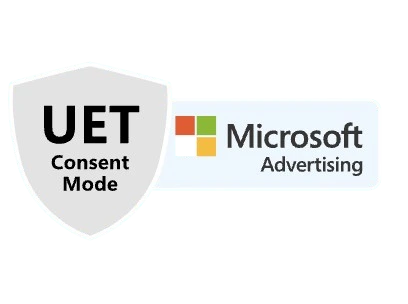Empower your business and stay ahead of the latest US laws
Bring together all your US compliance needs with a single app solution
Cover All US State Laws with One Powerful App 🗲
US State Privacy Laws: CCPA, CPRA, CTDPA & More - 2025 Compliance Guide
Navigating US data privacy laws is critical for businesses handling personal data. The Consentmo Shopify app automates compliance tasks and streamlines privacy practices so you can focus on growing your business while protecting customer data.
Explore below which US data privacy laws are currently covered by Consentmo.
Trusted by US Shopify merchants
Don’t just take our word for it. See what Shopify store owners are saying.
Makes it super easy to run a global ecommerce business.
Love this app. Makes it super easy to run an analytics-heavy global ecommerce business. I feel comfortable that my business is not only compliant, but that I am doing right by customers around the globe.
Support is extremely fast, helped me in seconds.
The app works great and does its job well. On top of that the support is extremely fast and responsive, they responded and helped me with my very specific needs in seconds.
Recommend to other businesses.
I will always recommend this app to other businesses. The support was AAA+, and the attention to details was all we need.

%20-%20Copy-p-500.webp)

.webp)



%20-%20Copy.png)
.svg)